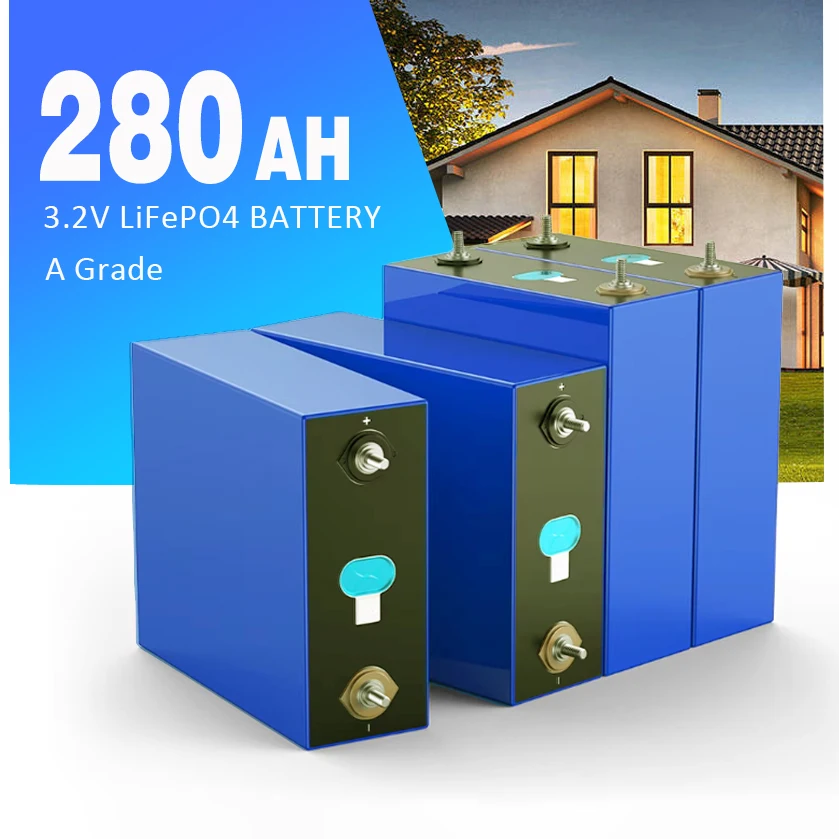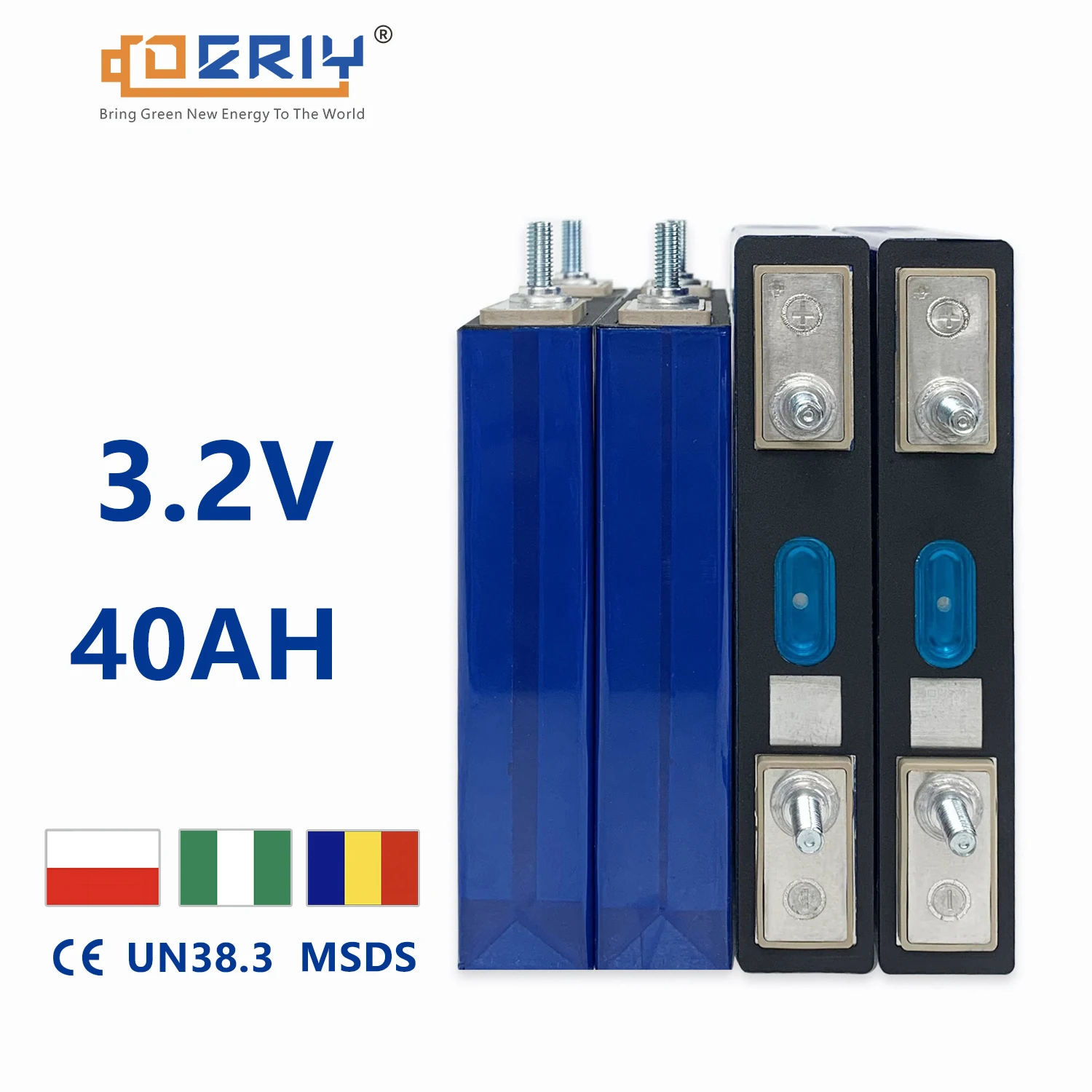
A LFP battery system consists of LFP batteries encapsulated with BMS or a battery management system, along with a set of conduits, connectors, and cables that enable the storage and delivery of electrical energy in an efficient manner along with its later use. In terms of power criteria like voltage, current, and power, the pack mostly takes care of itself. As a result, the range of applications these systems can power is extremely versatile. From residential units where the BMS can be used to store spare solar energy, to electric fiers that need reliable propulsion power, LFP battery technology ensures seamless reliability and performance year on year.
